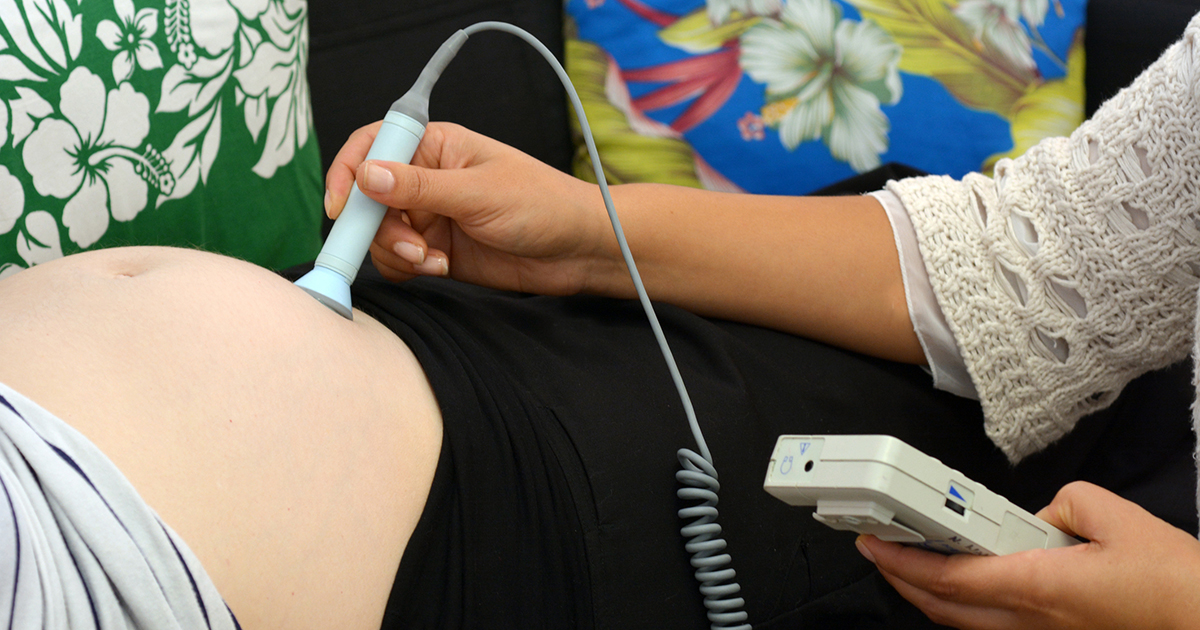Causes & Risk Factors Of Tetralogy Of Fallot
Tetralogy of Fallot is a congenital heart defect with four major problems: pulmonary stenosis, ventricular septal defect, right ventricular hypertrophy, and an overriding aorta. With pulmonary stenosis, blood has difficulty exiting the right ventricle, and a ventricular septal defect creates a hole between the left and right ventricle. When there is right ventricular hypertrophy, the ventricular muscle is thickened, and an overriding aorta is an aorta placed in the wrong position. The aorta develops on the left ventricle instead of the right and makes oxygenated and deoxygenated blood mix. The causes of Tetralogy of Fallot are not really known. However, medical professionals believe there are some potential causes and risk factors for it.
Heart Abnormalities During Fetal Development

The heart is responsible for pumping blood through your body. It beats up to 100,000 times per day and circulates five thousand gallons of blood to every part of your body. It is responsible for sending deoxygenated blood to your lungs where it gets rid of carbon dioxide. When there is a heart defect present, it affects the way the internal organs and circulatory system process blood. The most common varieties of heart defects are formed during fetal development. Besides, Tetralogy of Fallot infants may develop hypoplastic left heart syndrome, pulmonary atresia, and anomalous pulmonary venous return.
Heart abnormalities during fetal development affect the septum, heart valves, arteries, and veins. A child with hypoplastic left heart syndrome has an underdeveloped heart that does not pump blood properly. Many infants require open heart surgery, and a transplant to correct this condition. Pulmonary atresia is a condition where the pulmonary valve is not fully developed and does not allow blood to reach the lungs. Anomalous pulmonary venous return is a condition where the veins that transport blood back and forth to the lungs and heart are formed abnormally.
Poor Prenatal Diet

A poor prenatal diet may the reason for Tetralogy of Fallot forming in infants too. If the mother does not eat a balanced diet and get all of her necessary nutrients, the baby has a greater risk of heart defects. When pregnant, make sure you consume macronutrients, fats, proteins, and carbohydrates. You should also add micronutrients in your diet that consist of essential fatty acids and folates. Although not eating right will cause heart disorders, your baby will be susceptible to other health conditions such as a cleft palate or gastroschisis.
During pregnancy, expectant mothers should also avoid physical, emotional, and mental stress. A healthy diet and lifestyle will drastically reduce the chance of an infant developing heart defects. It is believed eating a Mediterranean diet helps with maintaining the fetus and mother’s health while pregnant. A Mediterranean diet consists of plant-based foods such as fruits, vegetables, legumes, whole grains, and nuts. It also contains healthy fats, such as olive and canola oils.
